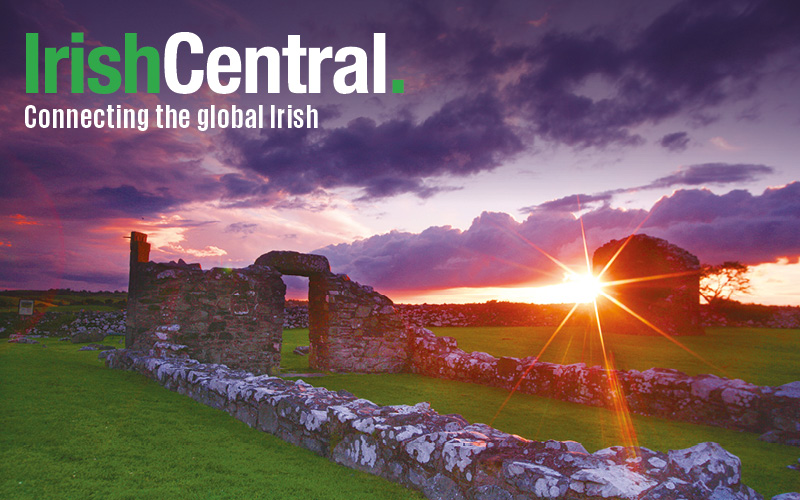A recent column in The Economist has questioned the money spent on Irish in the European Union (EU).
Robert Lane Green is a business and finance correspondent for The Economist based in Berlin and, in a column earlier this year, he questions whether languages such as Irish should be afforded the same status within the EU as others.
The money spent on translating documents and in having translators, not just in the EU, but at home in Ireland has long been a bone of contention for those who feel that the Irish language should be allowed to fade out.
In his analysis, Green questions whether Irish should have the same status in the EU as languages from monolingual countries such as Portuguese or Hungarian.
Irish has only been an official language of the EU since 2007, although it has always been defined as the country’s official language by the Irish Constitution, with English defined as the country’s second official language.
However, only 1.8% of the Irish population currently speak Irish outside of the education system, and a recent study by State agency Údarás na Gaeltachta showed that Irish is in steep decline in the Gaeltacht (Irish-speaking) areas of the country. The report believes that in ten years time, Irish will no longer be the primary language in these Gaeltacht areas.
The EU has a detailed multilingual policy in place making Irish one of its 24 official languages. Green notes that such a policy is sensible “in any organisation that impinges on sovereignty as heavily as the EU” citing a member state's desire to at least be able to make rules in their own language.
Ireland, he believes, is a test of this, as a country where the majority of government dealings in their home parliament are carried out through English, not through Irish. Even the Minister for the Gaeltacht, Joe McHugh, was far from fluent when he was appointed to the role last year, a decision that drew much protest from Irish speakers.
Despite the status of official language awarded to Irish in 2007, it does not have the same rights as other official languages. The rights of the language are limited, meaning that staff are not required to translate or interpret the language for use in official business, which they must do with other languages.
This derogation of the language in the EU is due to end this year but will be renewed again unless the Irish government put in a request for it to be permanently suspended. If they don’t, the next chance they will have will be in 2020.
An Irish Member of the European Parliament (MEP), Sinn Féin’s Liadh Ní Riada, recently went on a language strike in Brussels to protest the "the derogation of Irish in the EU".
When announcing her two and a half week strike last February, she said, “My aim is to draw attention to derogation and to encourage the Irish Language community and the Irish people in general to put pressure on the Government to remedy the situation."
She also claims that by ending the derogation, 188 jobs will be created in Europe for the Irish language “at no great cost to the EU.”
Other politicians do not show the same drive to keep Irish alive in Europe. On the last day of government proceedings before St Patrick’s Day, all Dáil discussions were set to be carried out through Irish. Irish Taoiseach (Prime Minister) was keen to use this as an excuse to refuse to answer questions put to him in English.
In an attempt to put the case of the Irish language into perspective, Green writes of the revival of Hebrew, now the dominant language in Israel. Despite all the odds stacked against them, Zionists succeeded in reviving the language, a feat he feels will not be met by the Irish language. Struggling against English, and a vast history of Irish literature in English, too, he thinks that Irish will not succeed.
Many say our language is an important part of our identity in Europe but others feel it’s not part of our current identity, more to do with our past. Green cites a quote from an Irish Times article where lecturer in modern Irish at University College Cork, Aidan Doyle, writes, “it is no accident that Gaeltacht Affairs is in the same portfolio as Arts and Heritage. The language is something we have inherited from previous generations, like round towers or dolmens, but by the same token most of us would as soon live in a round tower as speak Irish on a daily basis.”
Do you think that Irish should be an official language in the EU? Is it time to break our emotional attachment and use only English? Leave your thoughts in the comments section below.
H/T: The Economist




Comments